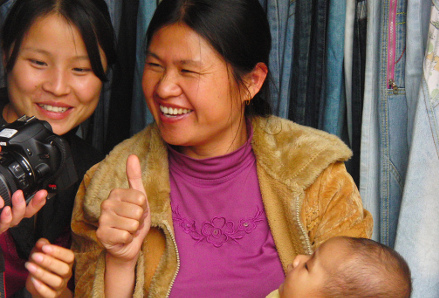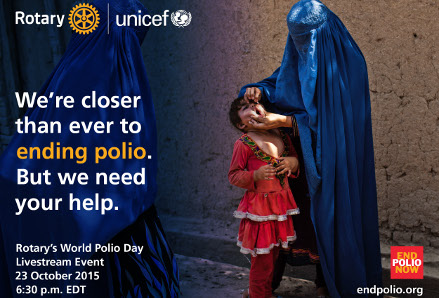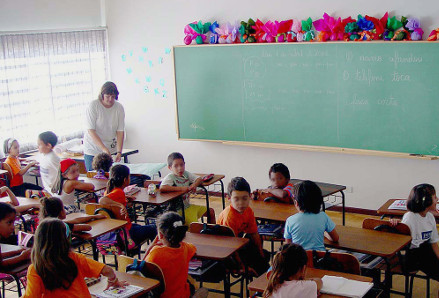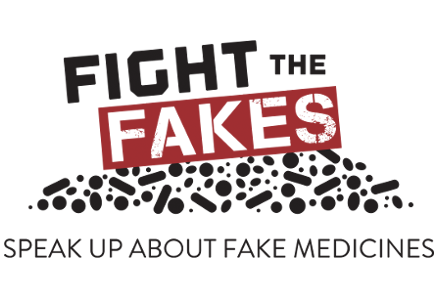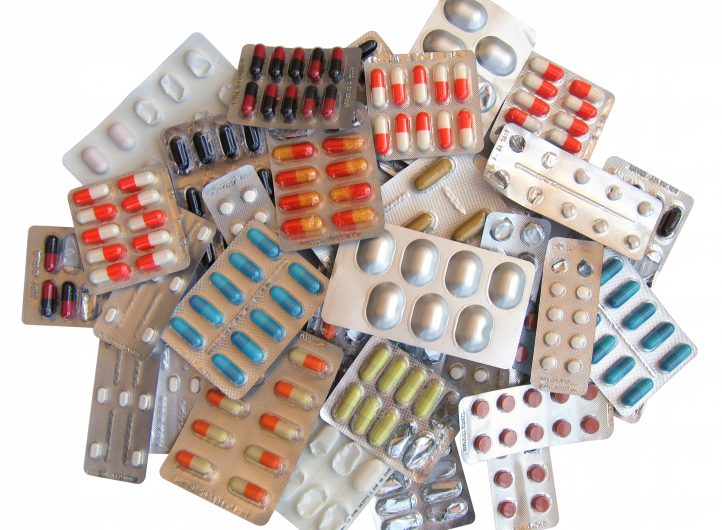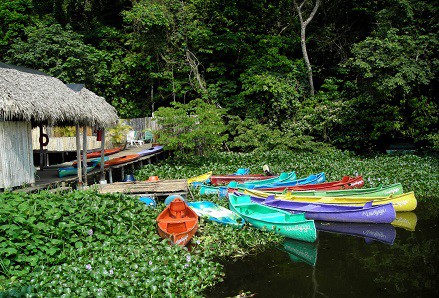UPDATE: March 31, 2016. This post has been updated with new information about Zika Virus. Travelling south to escape the winter blues? Travellers planning a sun vacation are contacting us wondering about the risk of Zika and Chikungunya. Currently, countries in the Caribbean, Central America, and South America are reporting cases. Understanding mosquito behaviour and brushing up on your mosquito bite prevention skills are two ways to reduce your risk so that you can enjoy your holiday. 6 things you should know about Chikungunya and Zika Both viruses are primarily transmitted by daytime biting Aedes aegypti female mosquitoes. There are no preventive vaccines or medications; treatment includes supportive care of symptoms. The illnesses are usually self-limiting – they typically run their ...
![By James Gathany (PHIL, CDC) [Public domain], via Wikimedia Commons](https://blog.iamat.org/wp-content/uploads/2016/01/Aedes_aegypti_CDC-Gathany-624x453.jpg)



